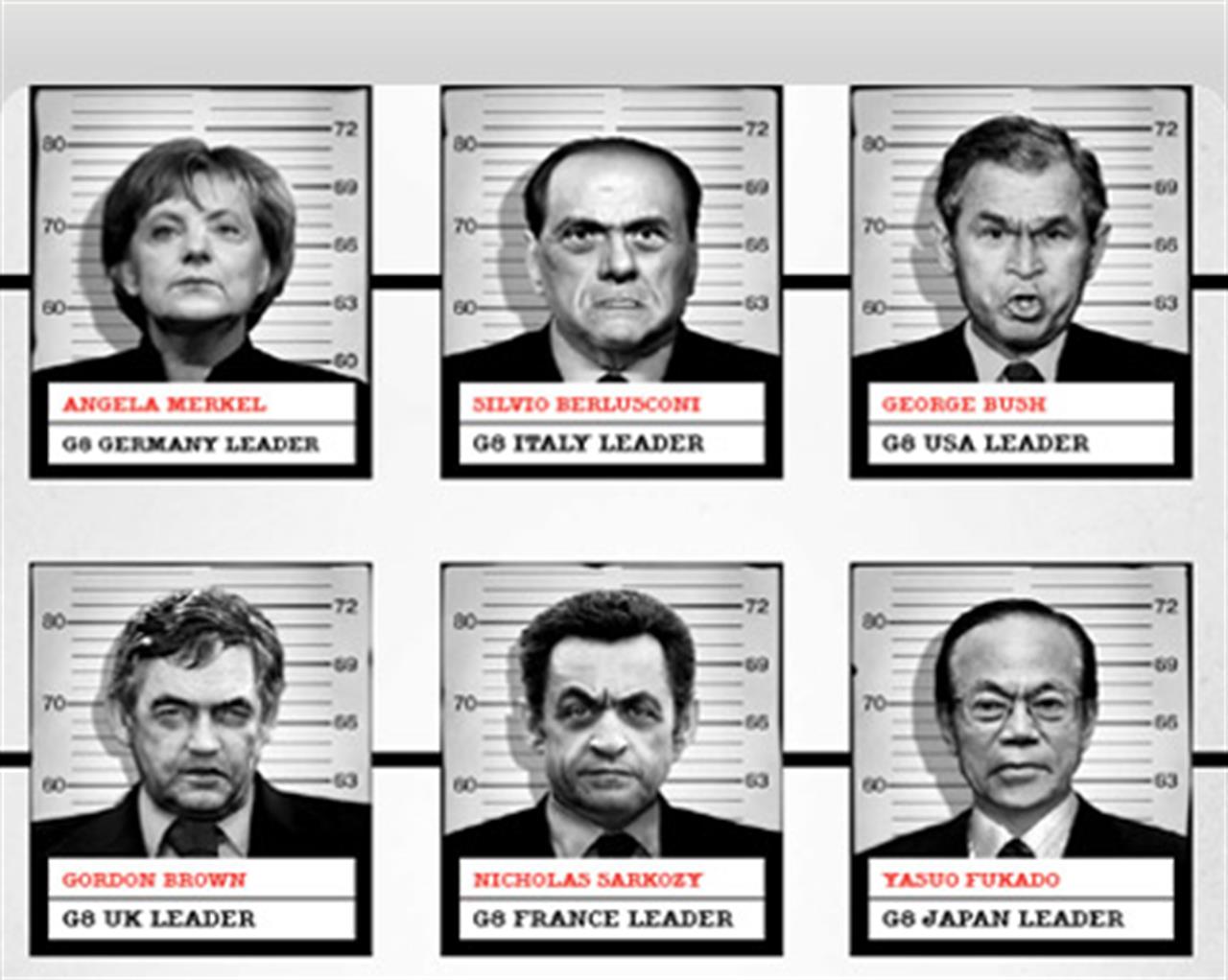Non profit
No more funds without strategy
The G8 summit opens in Japan on July 7 with a question. Will yet another fund have what it takes to win the battle against poverty?
di Staff

Japan’s G8 summit opened with a question: would the world’s eight most powerful nations have what it takes to win the battle against poverty? A look at past summits suggests that pledges will do little for the world’s problems unless they are accompanied by a well defined strategy.
Spotlight on the past
It was 1996. More than 180 State and Government leaders meet in Rome for a summit to tackle world hunger. The media are already talking about a meeting bound to alter the fate of the world’s poorest nations. The objective is close to revolutionary: reduce, in less than ten years, the number of starving people from 800 to 400 million.
Twelve years later the international community discovers that it’s better not to mess with numbers. In 2008 the UN’s Food and Agriculture Organisation declares that the world’s hungry have increased to 862 million. The announcement is met with amazement. World leaders, unable to take it out on the UN statisticians, begin to ask what has made tens of thousands of beings in the world’s South take to the streets to denounce the tremendous increase in food as of the second half of 2007.
As of 2000, say the experts, who have spent years drafting alarming reports that have helped only to slowly fill the archives of several international bodies, the price of wheat has tripled, increasing by 135% in 2007 alone, while at the same time rice and corn have doubled. The future, says the FAO, doesn’t look much brighter: the total cost of food imports to developing countries in 2007 is estimated at 107 billion dollars, 24% more than 2006.
The cherry on the cake, however, is when the international general public discovers that the boom in the price of petrol (now close to 150 dollars per barrel) increases the cost of seed and food transport on international routes, while the race for biofuels, instead of offering a healthier environment, is really just another peg in the machine that makes food more and more expensive, as it takes land away from agriculture to make black gold.Financial speculators say their thanks, to them the food crisis is heaven sent, as it balances their subprime losses.
More funds for the poor
Apart from the vultures, the picture that surrounds the G8 summit, that opens on July 7 in Hokkaido, Japan, is not a reassuring one.Despite the fact that the leaders of the world’s most powerful nations dutifully reminded the world of the efforts the G8 is willing to make to limit the damage, unfortunately the script remains the same. Instead of adopting radical, strategic changes to fight hunger, Western diplomacy prefers to hide behind the promise of funds to alleviate the poor’s hunger. So, even though the FAO meeting held in Rome in June was a failure, the biggest international donors have taken the international microphone to announce colossal sums of money to fight the food crisis. The list of contributions sees the US promising to hand out 1.5 billion dollars and the UK 590 million dollars. In the back ground, Ban Ki-Moon has asked for a continued financial commitment of 15-20 billion a year.
A few days from the summit in Hokkaido, the UN’s general secretary chose to break with the diplomatic style and asked the world leaders to honour the promises made in 2005 at Gleneagles; that is, to double aid by 2010 bringing it up to 50 billion dollars, half of which should go to Africa.
Strategy where art thou
But what has troubled the NGOs most has been the G8’s total lack of strategy. In a report launched on the eve of the Japanese summit, ActionAid International goes as far as calling the G8’s responsibility a historical matter: “The current crisis cannot be given a single cause. It has been fed by decades of agricultural strategies imposed on poor countries by international donors who have thus undermined all scope of food security for small farmers”, says ActionAid. The NGO adds that “these policies have not only accelerated the liberalisation of agriculture but have also restricted the aid promoted by G8 donors, who hold a dominant power over the Executive Boards of the International Monetary Fund and the World Bank”.
The result? That even though in 2007 global agricultural production has increased by more than 2.7 billion tonnes, “the food crisis has become a matter of life or death for the world’s weakest”. Someone at Hokkaido will have to reckon with the past.
Si può usare la Carta docente per abbonarsi a VITA?
Certo che sì! Basta emettere un buono sulla piattaforma del ministero del valore dell’abbonamento che si intende acquistare (1 anno carta + digital a 80€ o 1 anno digital a 60€) e inviarci il codice del buono a abbonamenti@vita.it
